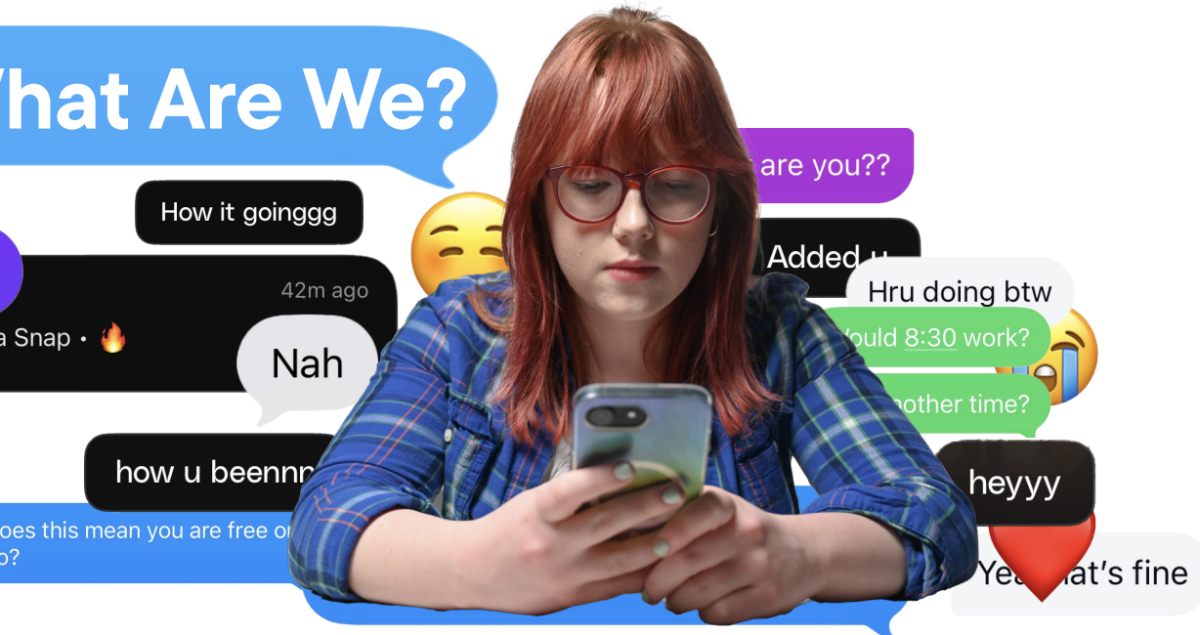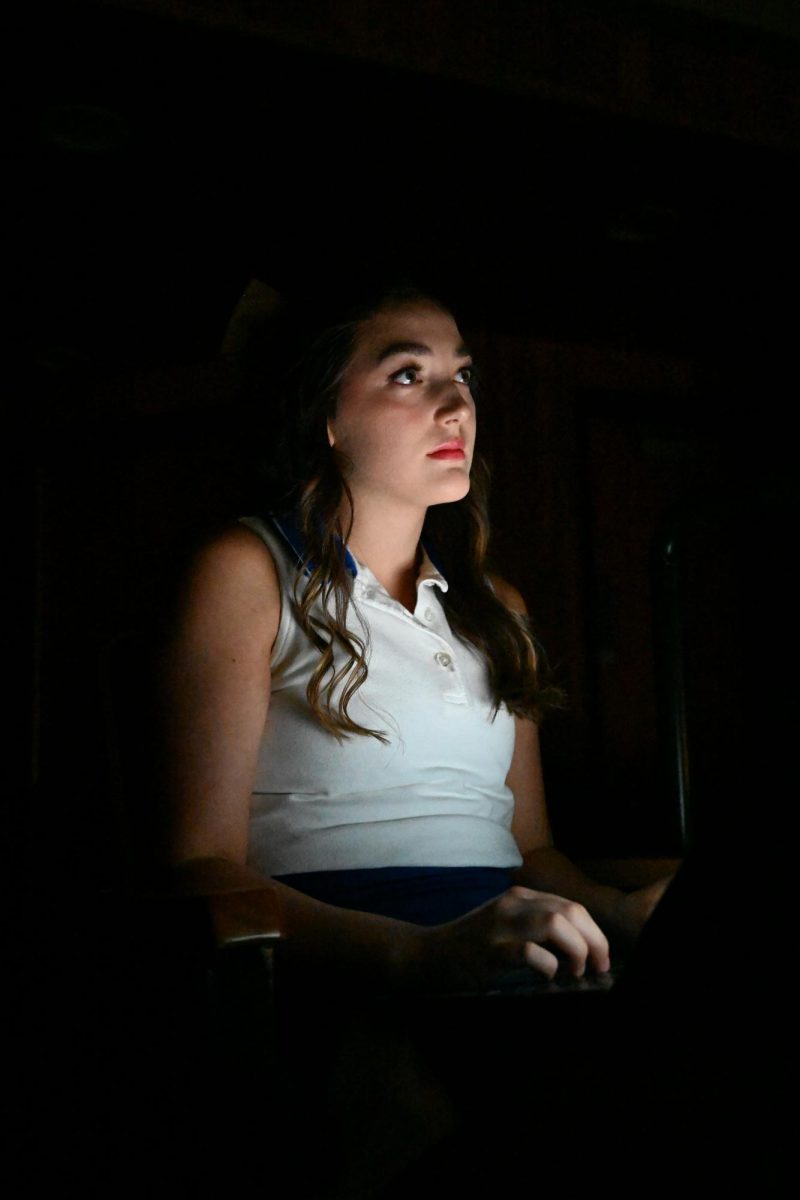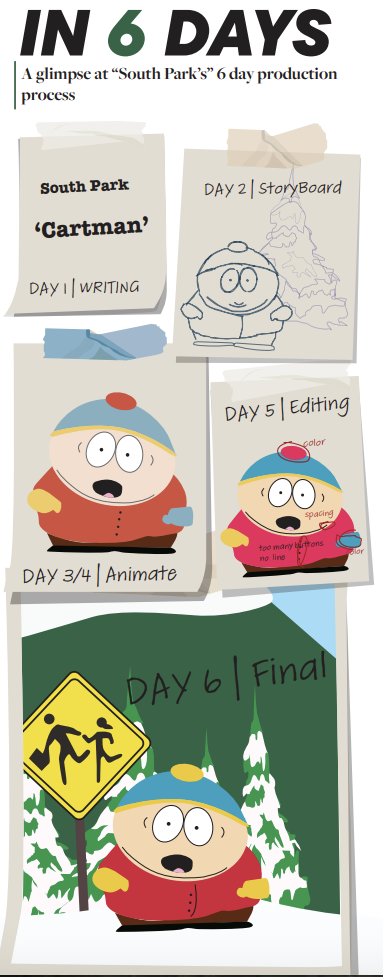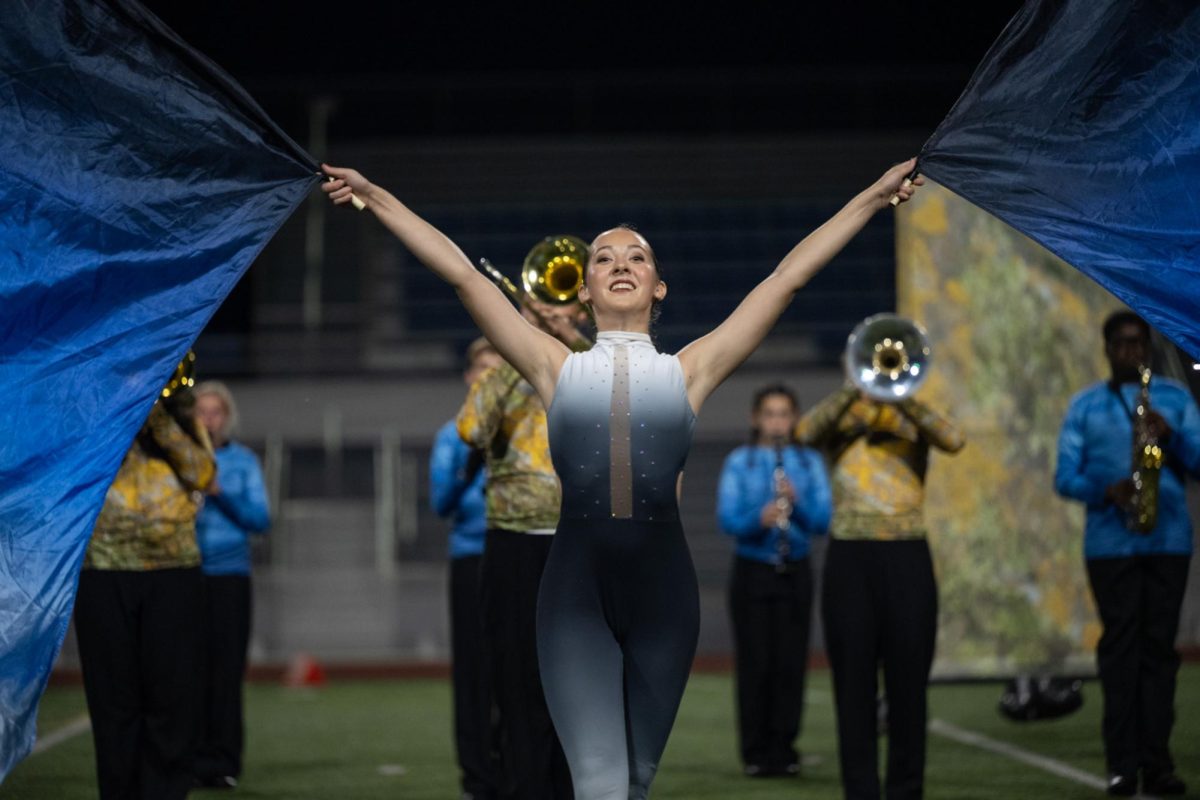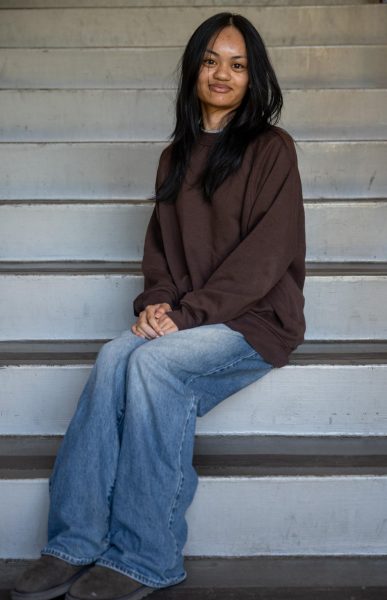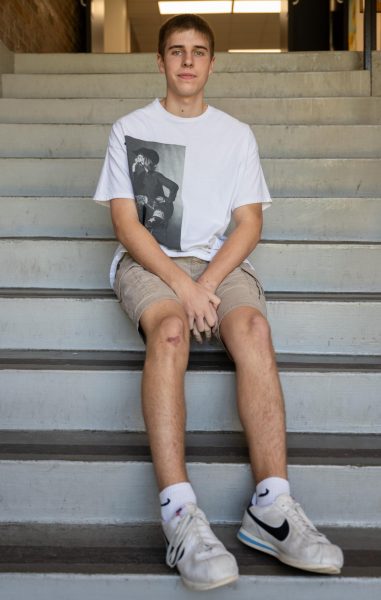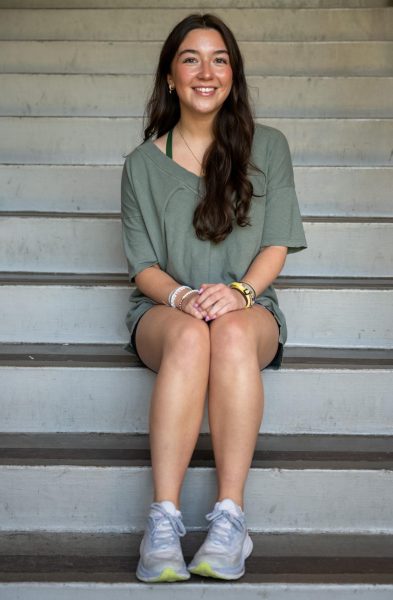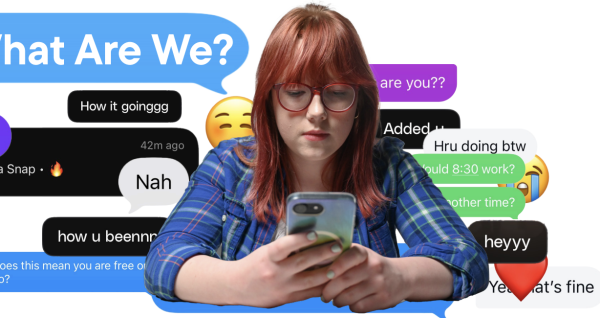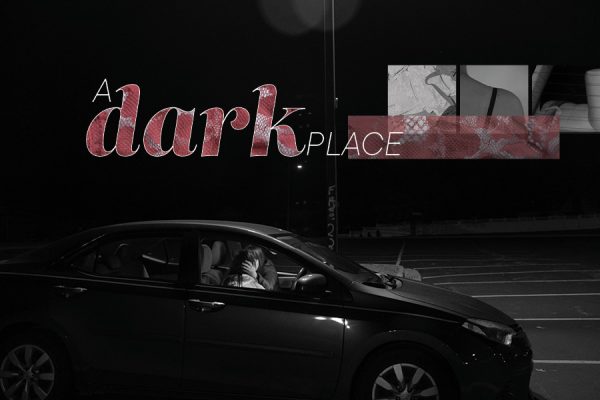TikToking Time Bomb
There’s more to terms and conditions than meets the eye
November 4, 2019
As far back as I can remember, fame has existed in many degrees.
There are the celebrities who would make anyone stop in their tracks to get an autograph, the niche fame gained by Broadway or YouTube stars. Stars that only a small percent of the population may have known, but still cherished. Or it even could have been that news anchor you recognized on the street but couldn’t place.
Sometime this summer I joined this spectrum of fame in probably the least important sense. I became a one-hit-wonder.
A TikTok one-hit-wonder.
I spent the rest of my summer trying to one-up myself and failing miserably. It was silly but it was fun. Addictive, almost.
So here I was, a typical youth, giving my undying support to TikTok. I was blissfully unaware of the company behind the company I had suddenly become a poster-child for.
A little background on TikTok: it is a video sharing platform owned by a much larger social media conglomerate based in China named ByteDance.
ByteDance has recently been put under a microscope for violations of free speech. Content creators have seen their content taken down for using political speech. A common denominator between those censored videos? None of them subscribe to the views of the Chinese government.
But these are American creators, right? The First Amendment gives them the right to free speech, doesn’t it?
But topics banned from mention in China, such as Tiananmen Square, Tibetan independence or the banned religious group Falun Gong, have been taken down almost on sight.
Not only are your First Amendment rights relinquished when agreeing to the terms and conditions, but your right to privacy may be abused by your Chinese social media conglomerate overlords.
TikTok’s Terms of Use state: “You or the owner of your User Content still own the copyright in User Content sent to us, but by submitting User Content via the Services, you hereby grant us an unconditional… license to use… your User Content in any format and on any platform, either now known or hereinafter invented.”
To dumb it down, basically by posting on the app, I give TikTok and every user on the platform access to use my image, voice and content for their own personal benefit, whether for advertisements, personal Instagram likes or even to mock in their own video. They can use your name, image, voice and likeness without paying you any sort of royalties for the privilege.
Did you get that from the terms? Neither did I, or presumably many of the millions of other underage users on the app.
Of course, everyone born after the year 2000 has had the knowledge that anything we put on the internet puts us at risk. However, some of us have become so numb to the modernized world that sometimes we forget to step back and remember the real risks that not just online creeps present, but the risks that the companies themselves present.
As once said in “Parks and Recreation,” “A person should not have to have an advanced law degree to avoid being taken advantage of by a multibillion-dollar company.”
Although it may be hard for me to quit cold turkey, I’m currently working through my addiction. I’ve gotten my screentime down from 27 hours a week on TikTok to about one and a half. Hey, it’s something.
I urge everyone currently on TikTok, or any social media for that matter, to think twice. To consider whether they want to support a company that wants to use your image for free. A company that doesn’t align with the ideals stated in the First Amendment of the American Constitution.




